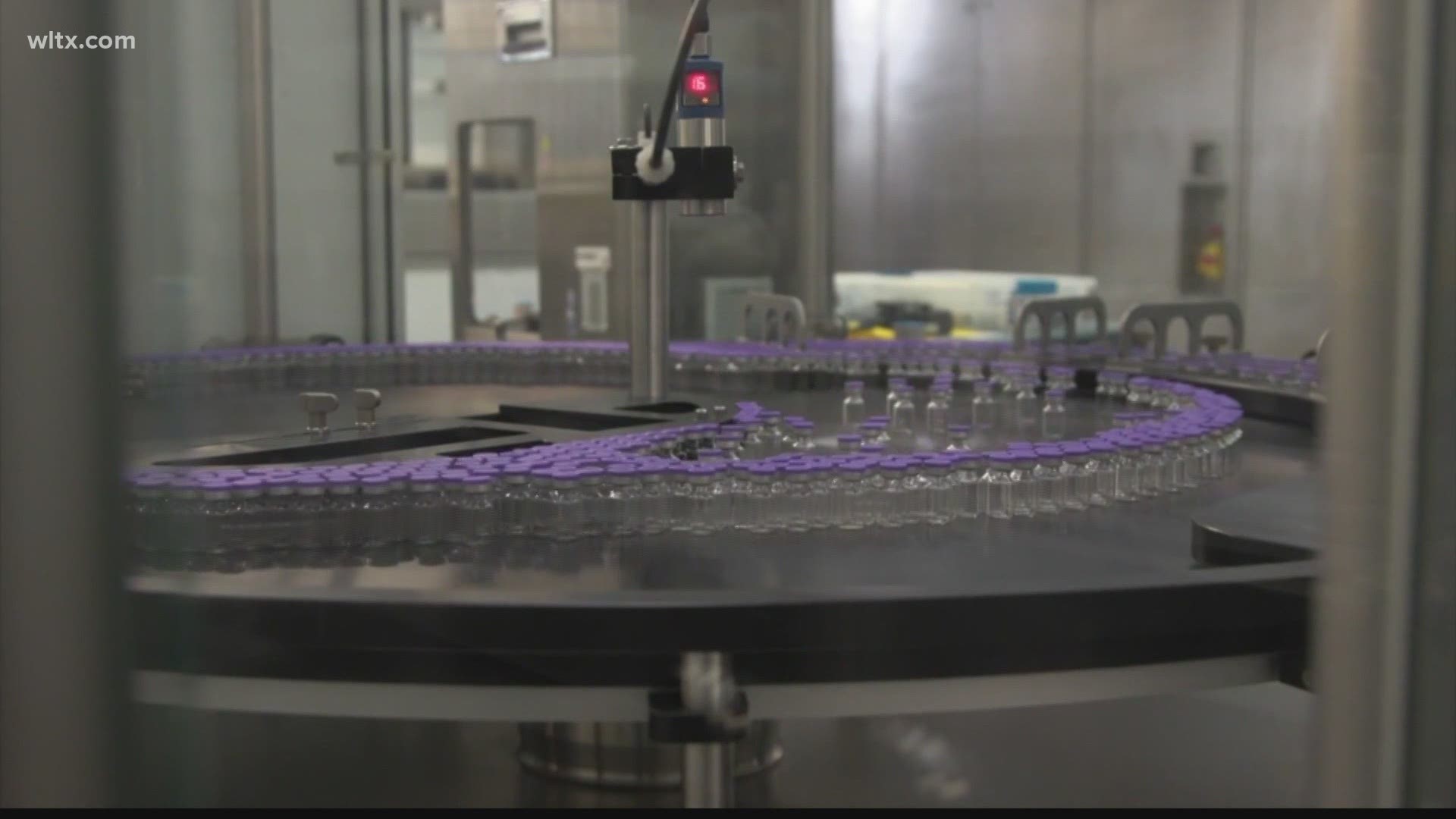COLUMBIA, S.C. — As coronavirus cases rise around the country, a new experimental treatment has now been approved to help those feeling unwell.
It's called Bamlanivimab and it's made to help treat mild-to-moderate COVID-19 cases in adults and pediatric patients.
"It works by attaching to the virus and blocking its entry into cells and also possibly by helping the person's immune system clear the virus," Dr. Janet Woodcock with the U.S. Food and Drug Administration (FDA) said.
The FDA approved the treatment for emergency use, after they say it showed some promise among patients in early studies.
"The data we have suggests that early treatment may help people avoid disease progression and avoid hospitalization," Woodcock said.
Dr. Helmut Albrecht, the Medical Director of the Center of Infectious Disease Research and Policy at Prisma Health and the University of South Carolina (USC), has considerable experience investigating medical trials and shared his thoughts on this one.
"So, there's some theoretical advantages of (the treatment)," Albrecht said. "It's standardized; you know exactly how much you give."


However, the data are limited and the safety and effectiveness continue to be evaluated.
"This is something that I'm not sure I would like to have if it was offered to me," Albrecht said. "There's a ton of questions.... It was partially effective in an early analysis of an early study... but an emergency use authorization should be based on much better and more data in my opinion."
Pfizer's COVID-19 vaccine is another drug soon to be considered for emergency-use approval. The company said Monday, when released, the drug could be 90 percent effective.
"Those are spectacular numbers. We still need to see if they hold up," Albrecht said. "Again, the caveat, this is an early analysis... but certainly, if this held up, it would be a major, major breakthrough."
Dr. Albrecht added that it's important for people to take appropriate steps to guard against the virus, like mask wearing and social distancing, to help reduce the spread, as new treatments become more available.

